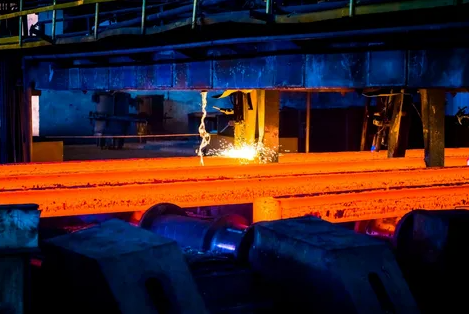CISAF restrictions leave steelworkers without relief
The agreement of the German government committee on the price of industrial electricity in the amount of five cents per kilowatt hour for the next three years was hailed as an important political step. However, V.
V. Stahl stressed that CISAF rules significantly limit the right to such support. As a result, steel producers operating in one of the most energy-intensive sectors do not receive additional assistance.
Kerstin Maria Rippel, managing director of the federation, said that the government's intention to restore competitive electricity prices is clear, but the CISAF structure prevents significant assistance to the steel sector. She noted that many manufacturers of medium-sized electric arc furnaces are already operating with relatively low carbon dioxide emissions, but they are disproportionately burdened by current electricity prices. Rippel warned that these conditions are hindering both economic stability and the transition to climate-neutral steel production.
Why is the price of industrial electricity not effective for steel
According to the federation, the price of industrial electricity will be effective only if key CISAF restrictions are lifted. The current system limits benefits to a portion of electricity consumption and excludes companies that are already receiving other forms of support, which leads to fragmentation of assistance. The Federation argues that in order to restore competitiveness, industrial electricity prices must be applied to total consumption and must be fully compatible with offsetting carbon electricity prices.
Rippel emphasized,






